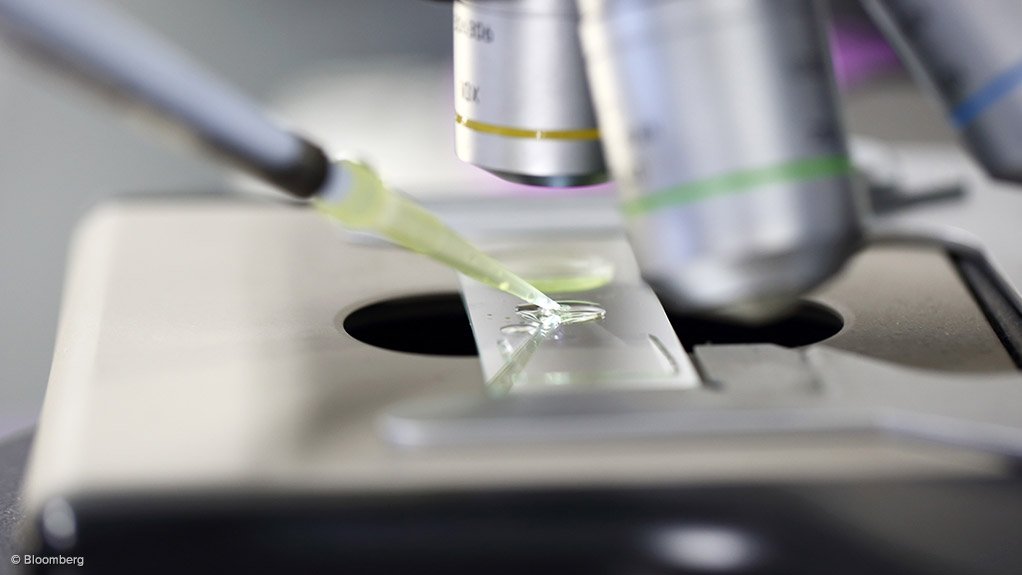A new South African biotechnology strategy, with a focus on the economy and how biotechnology could be used to create a positive socioeconomic impact, would soon be launched, Department of Science and Technology (DST) chief director Ben Durham revealed on Friday.
The new South African Bio-economic Strategy had been approved by Cabinet on Wednesday and would replace the South African National Biotechnology Strategy, which had been in place since 2001, he said at a business breakfast hosted by AfricaBio.
“This new strategy is not just looking at the technologies because there are scientists who are interested; it is [also] looking at the economy and [which] biotechnologies can be used to have a far greater impact,” he noted.
Durham explained that the strategy had three legs – health innovation, industrial development and agriculture. Each of these legs would, in turn, focus on three areas.
The first focus area was coordination.
“Probably the most important thing that we have learnt from our National Biotechnology Strategy days is that there needs to be far greater coordination in South Africa. We have too many projects that do not end successfully because we are not looking at the entire value chain and [ensuring] that the appropriate role-players are involved at the appropriate times.”
Durham added that the DST believed that, through greater coordination, the value derived from biotechnology would be much greater.
“Through greater coordination, even without any new money, we will be able to achieve so much more,” he said, adding that the coordination would be between sister departments such as the Department of Health, the Department of Agriculture and the DST, as well as between industry players and academia.
Secondly, the strategy focused on supporting strategic innovation programmes in the main sectors mentioned.
“We have a burden of disease that is second to none if you look at [diseases such as] HIV/Aids and tuberculosis. We will be having strategic programmes that develop innovative solutions, while also considering the whole value chain, from basic research through to developmental research and clinical trialling,” Durham said.
The third level of the strategy focused on strategic capabilities and competencies.
“We are looking at making our national system of innovation more effective generally; therefore, we want to [ensure] that human capital development is happening in the right areas, that there are pilot and demonstration-scale facilities and good clinical trialling capabilities,” he said, adding that the DST also wanted to ensure that regulations were enabling and not overly restrictive.
A launch date for the new strategy had yet to be determined and a few minor edits still had to be done, he pointed out.
EMAIL THIS ARTICLE SAVE THIS ARTICLE
To subscribe email subscriptions@creamermedia.co.za or click here
To advertise email advertising@creamermedia.co.za or click here











